Slideshow: 8 First Aid Essentials for Car or Purse

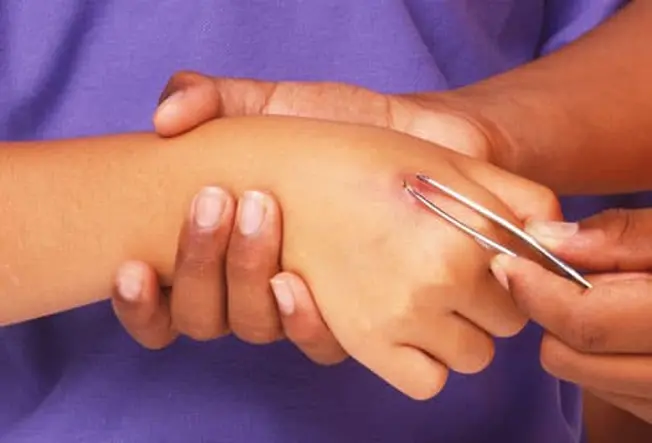
Tweezers
Tweezers are an essential part of any first aid kit, particularly if you enjoy hiking or other outdoor activities. The safest way to remove a splinter or a tick is with a clean pair of tweezers. Disinfect the tweezers with alcohol well before and after each use.
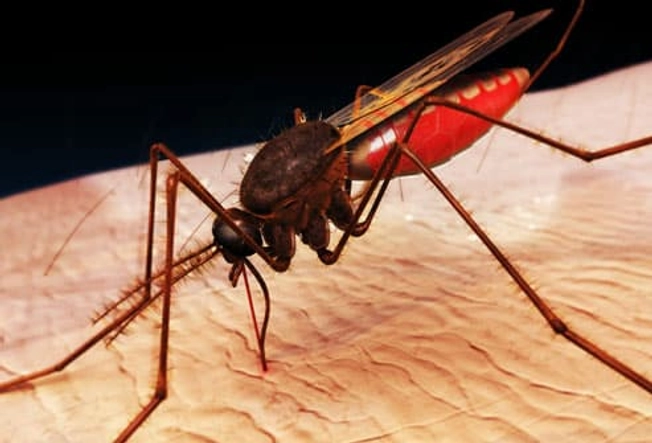
Hydrocortisone Cream
For itchy bites, consider carrying a small tube of 1% hydrocortisone cream. This topical steroid provides quick relief from itching and reduces inflammation.
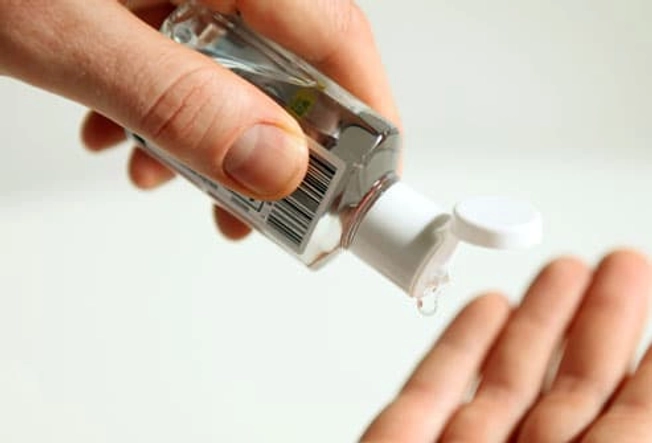
Hand Sanitizer and Gloves
If you or a friend gets injured on the go, the last thing you want to do is tend the wound with dirty hands. Alcohol-based gel or wipes can sanitize your hands when soap and water aren't readily available. Sanitize before, slip on a pair of latex or non-latex exam gloves, and sanitize again after treating the wound.
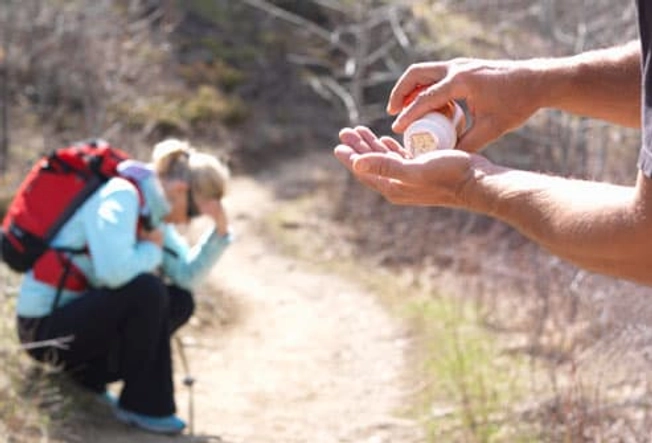
Pain Relievers
No first aid kit would be complete without medication to relieve pain and bring down a fever. Aspirin, acetaminophen, and ibuprofen are popular over-the-counter pain relievers. Aspirin should not be given to anyone under age 18 because of the danger of Reye's syndrome.

Gauze and Tape
For cuts and scrapes, you can use gauze pads to apply pressure to small wounds until the bleeding subsides. When used with tape, gauze can also serve as a bandage to cover and protect wounds. Adhesive bandages of different sizes can also help protect minor cuts and scrapes.
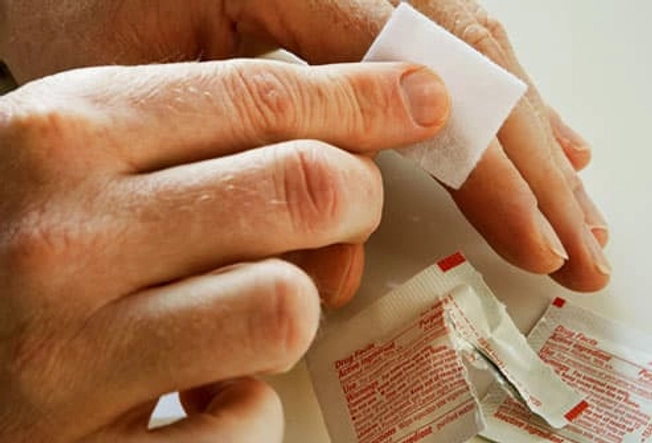
Wipes or Solution for Cleaning a Wound
Before you bandage, you'll want to clean scrapes or wounds. Antiseptic wipes or sprays are handy for cleaning injuries when there's no clean water nearby. Sterile water or saline, such as contact lens saline solution, is good to have for flushing out eye injuries and can be used on other wounds. Available in small bottles, it can also be easy to pack.
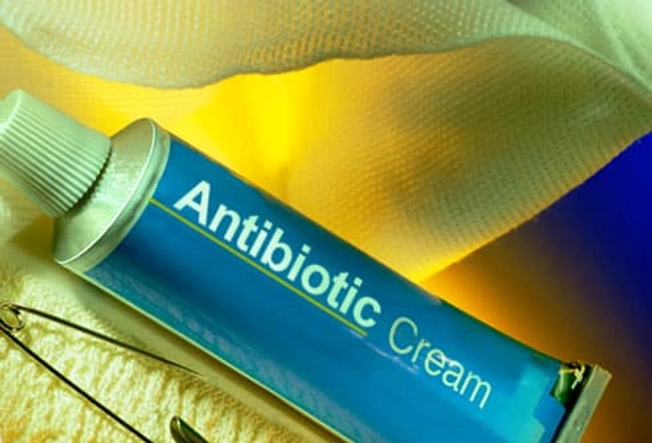
Antibiotic Cream
An antibiotic cream or ointment has several key uses. It can help protect minor wounds from infection. It can keep the area moist, which may promote healing. And it can help prevent the wound from getting stuck to a bandage.
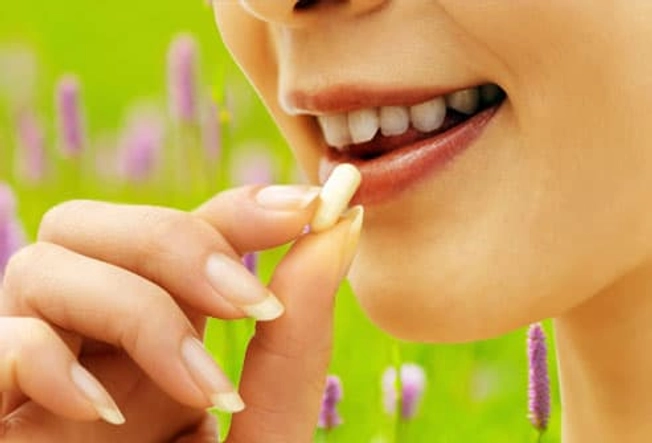
Allergy Medications
Be ready to counter a mild allergic reaction with antihistamines. People with serious allergies should carry injectable epinephrine. It can save a life in the case of anaphylaxis -- a severe and potentially deadly allergic reaction to triggers such as insect stings or food.
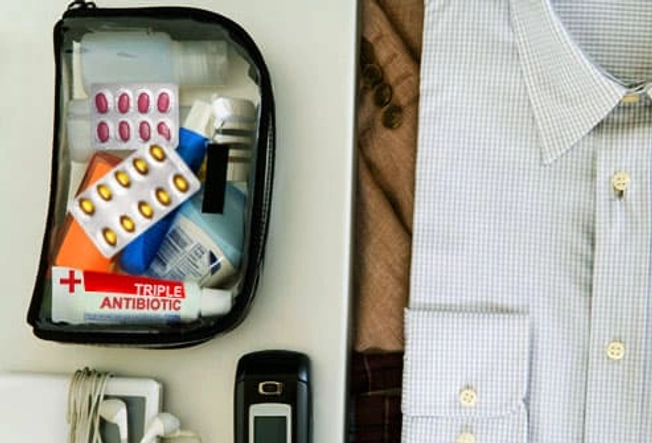
Creating Your Kit
Once you've gathered the essentials for your mobile first aid kit, you'll need a way to keep them clean and dry. You don't have to buy a fancy medical bag. A water resistant makeup bag, tool kit, or fanny pack can work well.